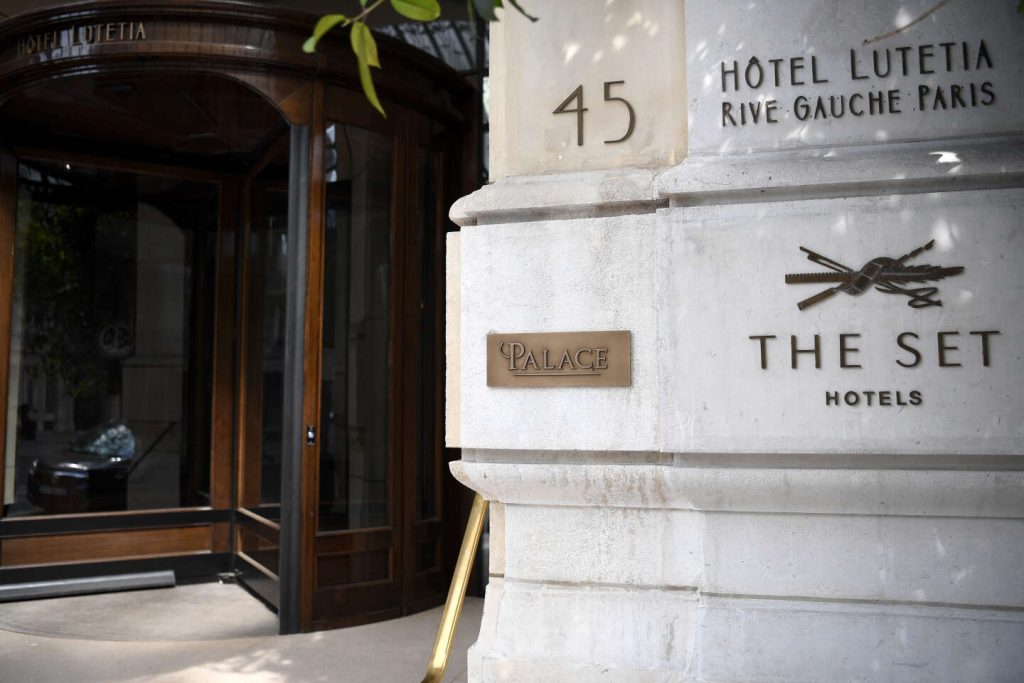My personal story has led me to reflect on the issue of assisted suicide for lucid individuals. Ten years ago, my parents both committed suicide early in the morning in a room at the Hotel Lutetia in Paris, without any assistance. Their act sparked a great deal of emotion, both due to the location chosen and the publication of beautiful photos of them as young lovers. They were deeply in love with each other, as well as with books, which was almost pathological for my father, who had delegated the material aspects of his life to my mother. As they approached their 80th birthdays, my father began to lose his mind and my mother started to lose her sight. The prospect of a long, drawn-out suffering loomed ahead each day, with the gradual loss of access to books, the decline of a brilliant mind, and the impending inability for my mother to guide the couple. Hence, their mutual and obvious decision to end their lives together before facing this hell.
However, they lived in France, where the penal code prohibits any form of assisted suicide. Few people understand how difficult it is for two very elderly individuals, even if courageous, to commit suicide alone. Therefore, my parents could only depart after years of unnecessary suffering and fear. Their fear was not existential, but painfully concrete: would they suffer with the chosen method of asphyxiation, with their heads in plastic bags? Were they sure they would not be resuscitated, or that one of them would not be resuscitated, or that they would not be brought back in a state that rendered them incapable of trying again? In fact, one of them almost escaped being “saved” by the firefighters. My parents left, shocked by the community’s indifference towards them, after leading two beautiful lives dedicated to others – and I share their astonishment. The attitude towards suicide is a marker of freedom: dictatorships prohibit suicide, while free societies allow it. Yet the sad reality in France is that exercising this right remains a terrifying ordeal inflicted on individuals who are usually fragile and in need of help.
France is once again planning to legislate on this issue, with a noticeable gap between the expectations of citizens and the complicated policies put forth. The focus seems to be on doctors, healthcare providers, committees, confidentiality agreements, short, medium, or long-term medical prognoses, and thresholds of suffering. But why put doctors and medical staff at the center of this debate? Why ask individuals, many of whom view each death as a personal defeat, to assist in suicide when their presence is completely unnecessary? The discussion should shift towards individuals like my parents, rather than getting bogged down in bureaucratic and medical complexities. It is crucial to address this issue from a human perspective, prioritizing the autonomy and dignity of individuals who may wish to be assisted in their end-of-life decisions.
As I navigate this complex landscape, I am reminded of the importance of compassion, understanding, and humanity in discussing assisted suicide. The experiences of my parents have underscored the need for a more compassionate and efficient approach to end-of-life decisions, especially for those who are facing intolerable suffering or loss of autonomy. It is essential that laws and policies reflect the individual needs and wishes of those considering assisted suicide, without adding unnecessary layers of bureaucracy or placing undue burden on healthcare providers. By prioritizing the autonomy and dignity of individuals, we can create a more compassionate and respectful approach to end-of-life care that respects the rights and choices of every individual. Ultimately, my parents’ story serves as a poignant reminder of the importance of compassion and understanding in addressing the sensitive issue of assisted suicide for those facing intolerable suffering.


